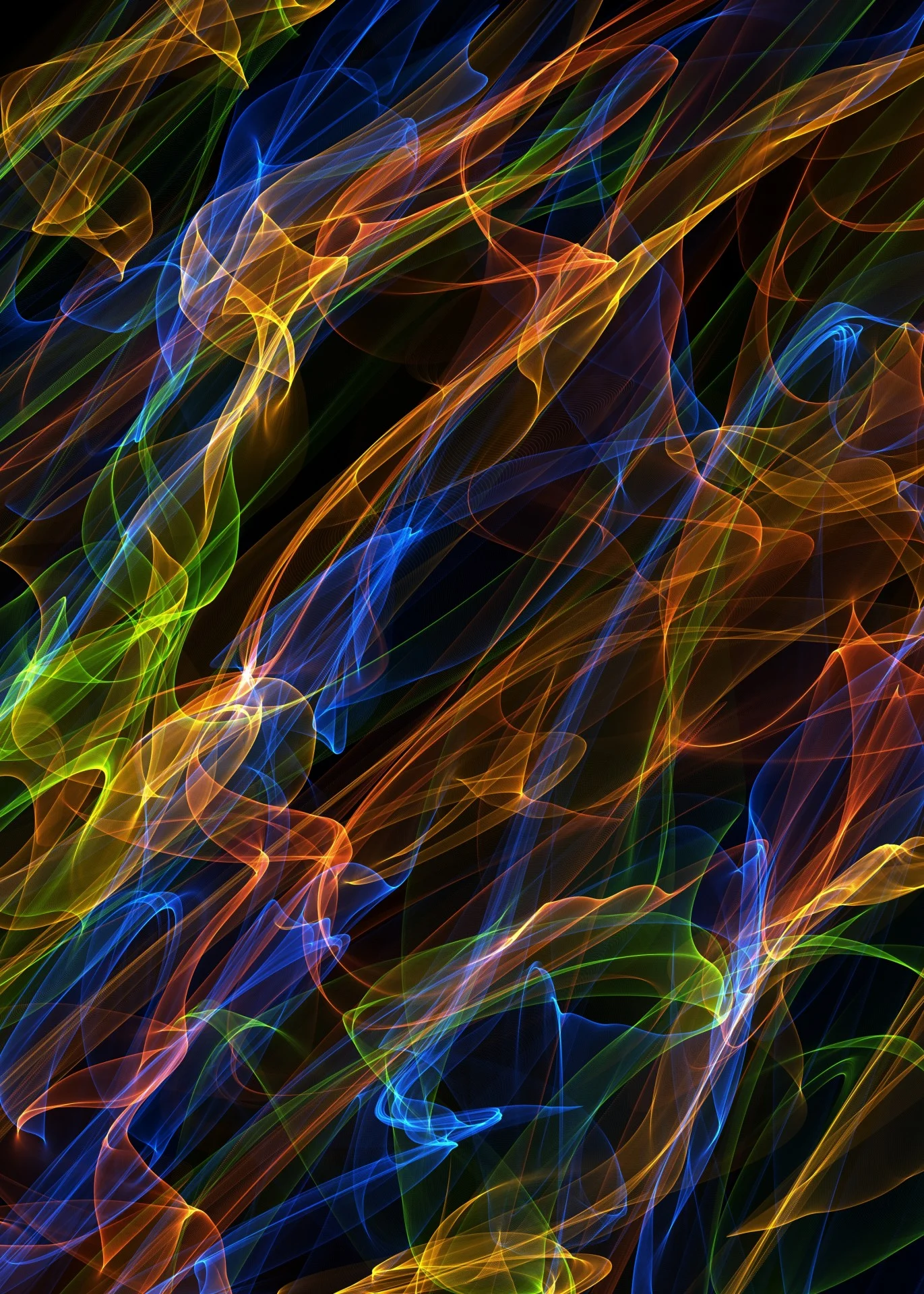The Library
Sheldon Suggests...
Books are one of the most important inventions in human history, and I've been lucky enough to amass a veritable stockpile of them over the years.
Below is a list of suggestions for your personal library. I have read most of these, and (full disclosure) some were written by friends. Each has been hand selected for its veracity, as well as for its usefulness, importance, and contribution to scientific understanding.
Please do let me know of any books you think should be added to this list! I'm always looking for more!
Haunting America: The Truth Behind Some of American "Most Haunted" Places, by Karen Stollznow
Join author Dr. Karen Stollznow as she hits the road to investigate America's most haunted places. From Alcatraz to Coral Castle, the Myrtles Plantation to the Winchester Mystery House, Stollznow leaves no stone unturned and no "spirit" unsettled in her search for the truth behind the scares. Karen Stollznow is a linguist with a background in history and anthropology. She is a columnist, podcaster and the author of God Bless America, Language Myths, Mysteries and Magic, and Red, White and (True) Blue.
Flim-Flam! Psychics, ESP, Unicorns, and other Delusions, by James Randi
Internationally known magician and escape artist, James "The Amazing" Randi, explores and exposes what he believes to be the outrageous deception that has been promoted widely in the media. Unafraid to call researchers to account for their failures and impostures, Randi tells us that we have been badly served by scientists who have failed to follow the procedures required by their training and traditions. Here, he shows us how what he views as sloppy research has been followed by rationalizations of evident failures, and we see these errors and misrepresentations clearly pointed out.
Skeptoid: Critical Analysis of Pop Phenomena, by Brian Dunning
As its name suggests, Skeptoid is a collection of skeptical factoids - short pro-science essays debunking a broad variety of phenomena in pop culture with pseudoscientific or paranormal foundations. Skeptoid's chapters are adapted from the first 50 episodes of the popular critical thinking podcast of the same name. Just about every popular pseudoscience is represented here: Everything from paranormal phenomena such as haunted houses, Bigfoot, and ghost lights to quack health trends like organic food, chiropractic, and wheatgrass juice.
Evolution versus Creationism, by Eugenie C. Scott
More than eighty years after the Scopes trial, the debate over teaching evolution continues in spite of the emptiness of the creationist positions. This accessible resource, now completely revised and updated, provides an essential introduction to the ongoing dispute’s many facets—the scientific evidence for evolution, the legal and educational basis for its teaching, and the various religious points of view—as well as a concise history of the evolution-creationism controversy. This second edition also contains a discussion of the legal history, updated to include the seminal case of Kitzmiller v. Dover as well as a new chapter on public opinion and media coverage.
In this age of supposed scientific enlightenment, many people still believe in mind reading, past-life regression theory, New Age hokum, and alien abduction. A no-holds-barred assault on popular superstitions and prejudices, with more than 80,000 copies in print, Why People Believe Weird Things debunks these nonsensical claims and explores the very human reasons people find otherworldly phenomena, conspiracy theories, and cults so appealing. Shermer, science historian and true crusader, also reveals the more dangerous side of such illogical thinking, including Holocaust denial, the recovered-memory movement, the satanic ritual abuse scare, and other modern crazes.


